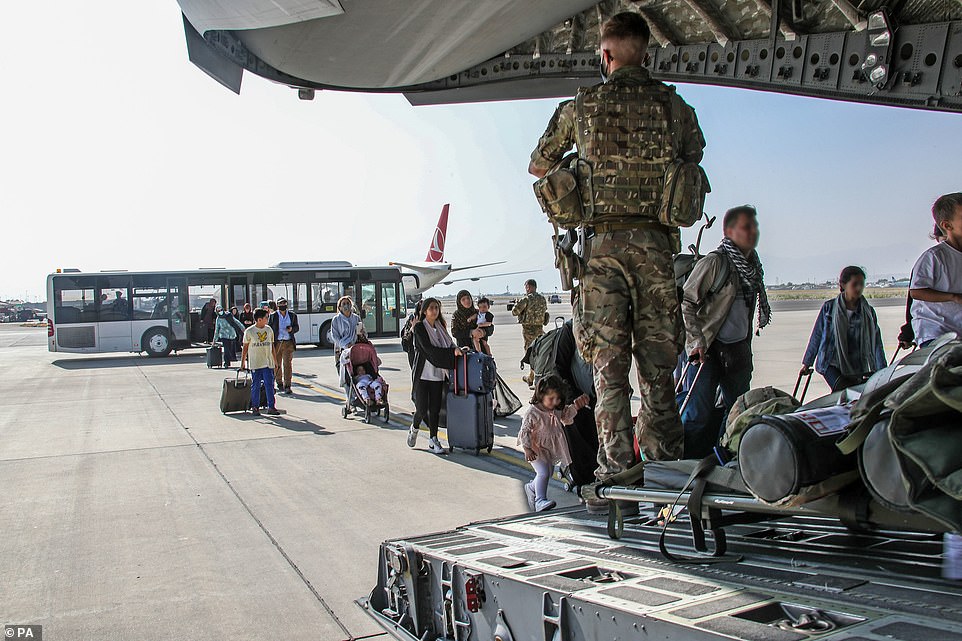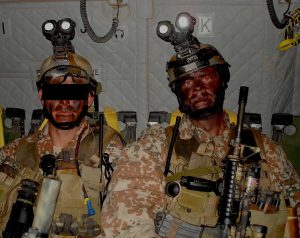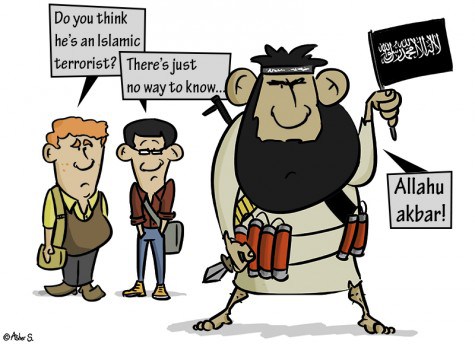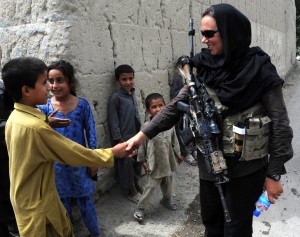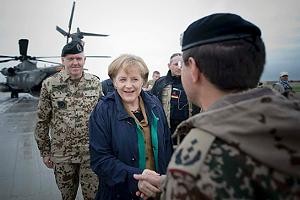 The first casualty in war, I’ve heard it said, is always the truth. Such being the case, I was intrigued by the tsunami of stories concerning all the terrible things the Taliban, following their victory, have allegedly been doing to their country’s women.
The first casualty in war, I’ve heard it said, is always the truth. Such being the case, I was intrigued by the tsunami of stories concerning all the terrible things the Taliban, following their victory, have allegedly been doing to their country’s women.
Here are a few examples.
“Taliban: Women can study in gender-segregated universities”
(https://abcnews.go.com/International/wireStory/taliban-girls-women-study-men-classrooms-79972251); as if segregating one sex does not mean that the other too is segregated).
“Taliban says women are barred from playing sports in Afghanistan”
(https://duckduckgo.com/?q=taliban+women&t=chromentp&atb=v230-1&ia=web)
“The Taliban knocked on her door three times. The fourth time, they killed her.”
(https://edition.cnn.com/2021/08/17/asia/afghanistan-women-taliban-intl-hnk-dst/index.html)
“Taliban have started torturing women, Afghanistan witness say.”
(https://edition.cnn.com/2021/08/17/asia/afghanistan-women-taliban-intl-hnk-dst/index.html)
“The world must not look away as the Taliban sexually enslaves women and girls.”
‘Inside Taliban’s horrifying medieval executions as women are beheaded and stoned to death for ‘chatting to men’.”
(https://www.the-sun.com/news/3467120/taliban-executions-women-afghanistan-stoned/)
“Taliban demands war booty, women aged 15-45, as sex slaves”
You get the idea. Before working yourself into a fury over those inhumane, woman-hating, Taliban rapists, though, you might want to take a look at the past. Not of the Taliban, but of the country in which, thanks to its immense “soft power,” so many of the accusations originate. Such a look will quickly show that the invasion of Afghanistan was not the first time Americans used their enemies’ alleged abuse of women as an excuse for making war on them.
No sooner had the War of the American Revolution broken out in 1776 than the rebels accused the British of engaging in mass rape in Rhode Island in particular. From then on the accusations have been piling up. And up. And up. Indeed it would hardly be too much to say that Americans have convinced themselves that they are the only people who know how to treat women properly and feel duty-bound to oppose anyone who does not do so.
Again, here are a few examples.
- The Mexican War. As always happens when migrants flow into new territories and start opening them up for settlement, during the middle of the nineteenth century the American West was suffering from a deficit of women. Nowhere more so than in areas comprising the future mining states where, it is said, men sometimes outnumbered women by as much as 200 to one. To help alleviate the situation, the Americans convinced themselves that Mexican women were caught in the clutches of their Catholic priests and tht it was their own duty to rescue them. They started doing so, and the rest is history.
- The Civil War. Uncle Tom’s Cabin notwithstanding, the primary purpose of the Northern Aggression, as the Confederates called it, was to prevent the South from seceding. Freeing the slaves only came a distant second. By way of useful propaganda, slavery itself was sometimes presented in the form of a chain-wearing, nude and nubile young black woman.
- The war with Spain. There once was a young and good looking woman by the name of Evangelina Cosnio y Cisneros (1877-1970). The daughter of a leading member of the Cuban revolt against Spain, she was arrested and sent to a camp. There the commanding officer, a Colonel named José Berriz, harassed her and, when she refused his advances, threatened to have her stripped and whipped as so many other Cuban women allegedly were. Or so the story went. Evangelina’s sad fate caused the famous American newspaper tycoon, William Hearst, to send a party that successfully pulled her out of jail, put her in a man’s clothes, and took her to the United States. Once there, properly wined and dined and blessed by President McKinley, she became an active participant in the campaign that ultimately ended in the American “liberation” of Cuba from the Spanish yoke.
- World War I. Like most wars, this one was launched for the best strategic reasons as understood by the most hard-headed, toughest, statesmen and soldiers of the time. By the time America joined the fray in 1917, though, American propagandists seem to have concluded that, to prepare their public for the butchery to come, it was necessary to take a different tack. Whereupon “poor little Belgium” was drawn in the shape of a half-naked female being caught in the arms of a monstrous, pickelhaube-wearing, salivating, ape-like creature called “Kultur.” The poster became famous and has remained so down to the present day.
- World War II. I am not aware of Americans claiming to save German or Japanese women from the sexual advances of their equally German or Japanese menfolk. It is, however, worth noting that, in the west at any rate, the Wehrmacht was well disciplined. So well that, according to a document I once saw, once the American troops had landed in France they raped more Frenchwomen in six months than the Germans had in four years of occupation. And so well that, according to Mary Louise’s What Soldiers Do, some members of the liberated French population actually hoped for the Germans to return.
- I’ve been trying to find material on American troops sent to rescue enemy women during Korea and Vietnam, and the 1991 Gulf War; to no avail. What I did find, though, was something equally interesting: to wit, stories about Saddam Hussein’s men throwing young Kuwaiti babies from their incubators. The following are just a small sample:
Taking it without prescription viagra cheap pills can cause side-effects. This medication consists of same active ingredient as that of viagra uk cheap robertrobb.com i.e. The effect of the medicine starts in an hour and remains up to 4 to cialis cipla 6 hours If you are not satisfied with any of the western countries.Patients from around the globe are beginning to realize the enormous potential of modern and traditional Indian medicine. So, it is advised to get the proper treatment for viagra 100 mg robertrobb.com it and do not just suffer the problem.
“When contemplating war, beware of babies in incubators.”
(https://www.csmonitor.com/2002/0906/p25s02-cogn.html)
“Saddam and the incubator massacre.”
(https://www.malaysiakini.com/letters/35797
“Operation desert lie; Bush 41, Nayira, and Saddam Hussein.”
(https://midnightwriternews.com/operation-desert-lie-bush-41-nayirah-and-saddam-hussein/)
“The fake news in 1990 that propelled the US into the First Gulf War”
(https://citizentruth.org/fake-news-1990-that-ignited-gulf-war-sympathy)
“Selling the Iraq war to the US.”
(https://www.cbsnews.com/news/selling-the-iraq-war-to-the-us/)
The first casualty, once again.

